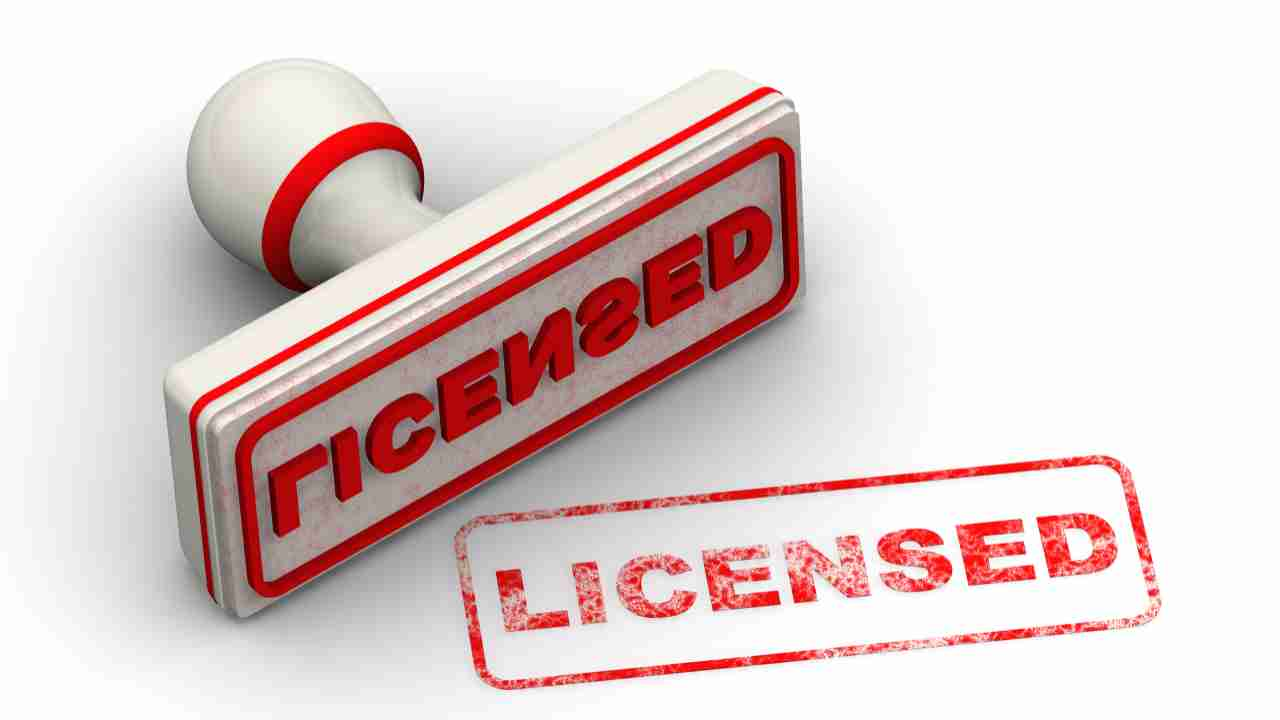NEMT Licensing and Regulations: What You Need to Know

Setting up a Non-Emergency Medical Transportation (NEMT) business involves more than just purchasing vehicles and hiring drivers. Adhering to licensing and regulatory requirements is essential for legal compliance and operational success. Below, we explore the key steps and considerations for obtaining licenses and understanding regulations, with examples of organizations and resources to help you get started.
Understanding NEMT Licensing Requirements
Federal Regulations
At the federal level, NEMT services must comply with regulations enforced by the Federal Transit Administration (FTA) and the Department of Transportation (DOT). These agencies set safety and operational standards, particularly for vehicles and drivers involved in transporting passengers with disabilities.
For example, under the Americans with Disabilities Act (ADA), your vehicles must be wheelchair-accessible, and your drivers should undergo training on assisting passengers with special needs. Visit the FTA’s website (https://www.transit.dot.gov/) for comprehensive resources on compliance requirements.
State and Local Licensing
Each state has its own set of licensing requirements for NEMT providers. These often include business registration, vehicle permits, and driver certifications. For instance, in California, you’ll need to register your NEMT service with the California Public Utilities Commission (CPUC) (https://www.cpuc.ca.gov/) and meet insurance and safety standards.
Similarly, in Florida, providers must obtain a certificate of public convenience and necessity through their local government. Check your state’s Department of Transportation or equivalent agency for specific requirements.
Essential Certifications for NEMT Services
Driver Certification
Drivers play a crucial role in the success of your NEMT service. They must possess a valid commercial driver’s license (CDL) if operating larger vehicles and may need additional certifications for handling medical equipment and assisting passengers.
Programs like the National Safety Council’s Defensive Driving Course (https://www.nsc.org/) offer training to enhance driver safety and preparedness. Some states also mandate first aid and CPR certification for NEMT drivers, which can be obtained through the American Red Cross (https://www.redcross.org/).
Vehicle Inspection and Compliance
All vehicles used in NEMT services must undergo regular inspections to ensure they meet safety and accessibility standards. Organizations like NEMTAC (https://www.nemtac.org/) provide guidelines for maintaining compliance, including recommended inspection schedules and documentation.
For example, wheelchair-accessible vans must be equipped with securement devices, ramps, and lifts that comply with ADA guidelines. Partnering with companies like MobilityWorks (https://www.mobilityworks.com/) can help you source and maintain compliant vehicles.
Insurance Requirements
Liability Insurance
NEMT providers are required to carry liability insurance to protect against accidents, injuries, and property damage. Policies typically cover both vehicles and passengers, and coverage limits vary by state.
Companies like Progressive Commercial (https://www.progressivecommercial.com/) and Geico Commercial Insurance (https://www.geico.com/) offer specialized plans for NEMT providers. Expect to pay annual premiums ranging from $5,000 to $12,000, depending on fleet size and operational scope.
Worker’s Compensation Insurance
If you employ drivers and administrative staff, you’ll need worker’s compensation insurance to cover on-the-job injuries. Contact your state’s Department of Insurance for guidance on coverage requirements and providers.
Key Compliance Areas
Medicaid Billing Compliance
If your NEMT service plans to work with Medicaid, you must adhere to strict billing and operational guidelines. Medicaid often requires that providers be enrolled as transportation providers within their state’s Medicaid program.
Organizations like MTM, Inc. (https://www.mtm-inc.net/) specialize in coordinating Medicaid transportation services and can help you navigate compliance. Additionally, software solutions like RouteGenie (https://routegenie.com/) offer tools for tracking trips and managing Medicaid billing efficiently.
Record-Keeping and Reporting
Maintaining accurate records is a critical part of NEMT compliance. This includes trip logs, driver certifications, and vehicle maintenance records. Regulatory bodies often conduct audits, so having organized and up-to-date documentation is essential.
Navigating the licensing and regulatory landscape of the NEMT industry can seem overwhelming, but proper planning and resource utilization can make the process manageable. From federal and state requirements to essential certifications and compliance areas, each step is crucial for building a reliable and lawful NEMT business. By partnering with organizations and leveraging technology, you can ensure your service operates smoothly and meets all necessary standards.
Ready to unlock the potential of smarter transportation planning? Book your demo now and explore how our scheduling software can elevate your operations.
ABOUT THE AUTHOR
MIKE B.
Mike is a seasoned transportation consultant and technology advocate. Drawing from years of experience in the transportation industry, Mike bridges the gap between innovative software solutions and practical implementation strategies. His articles focus on the transformative power of software for organizations that deliver transportation options for the elderly, special needs and disabled communities. Outside his writing endeavors, Mike enjoys exploring the landscapes of Costa Rica and advocating for sustainable transportation initiatives.
Recent Comments